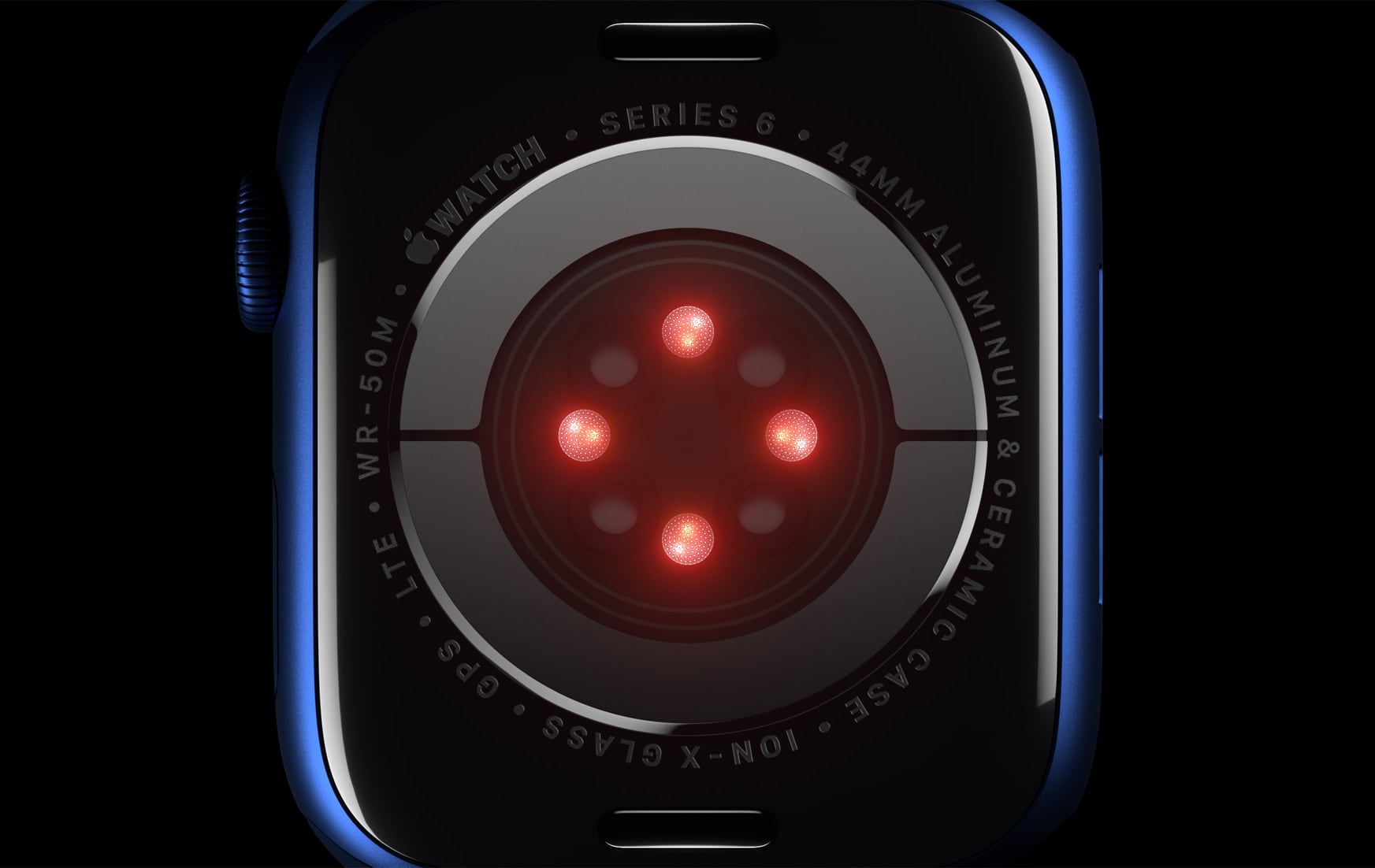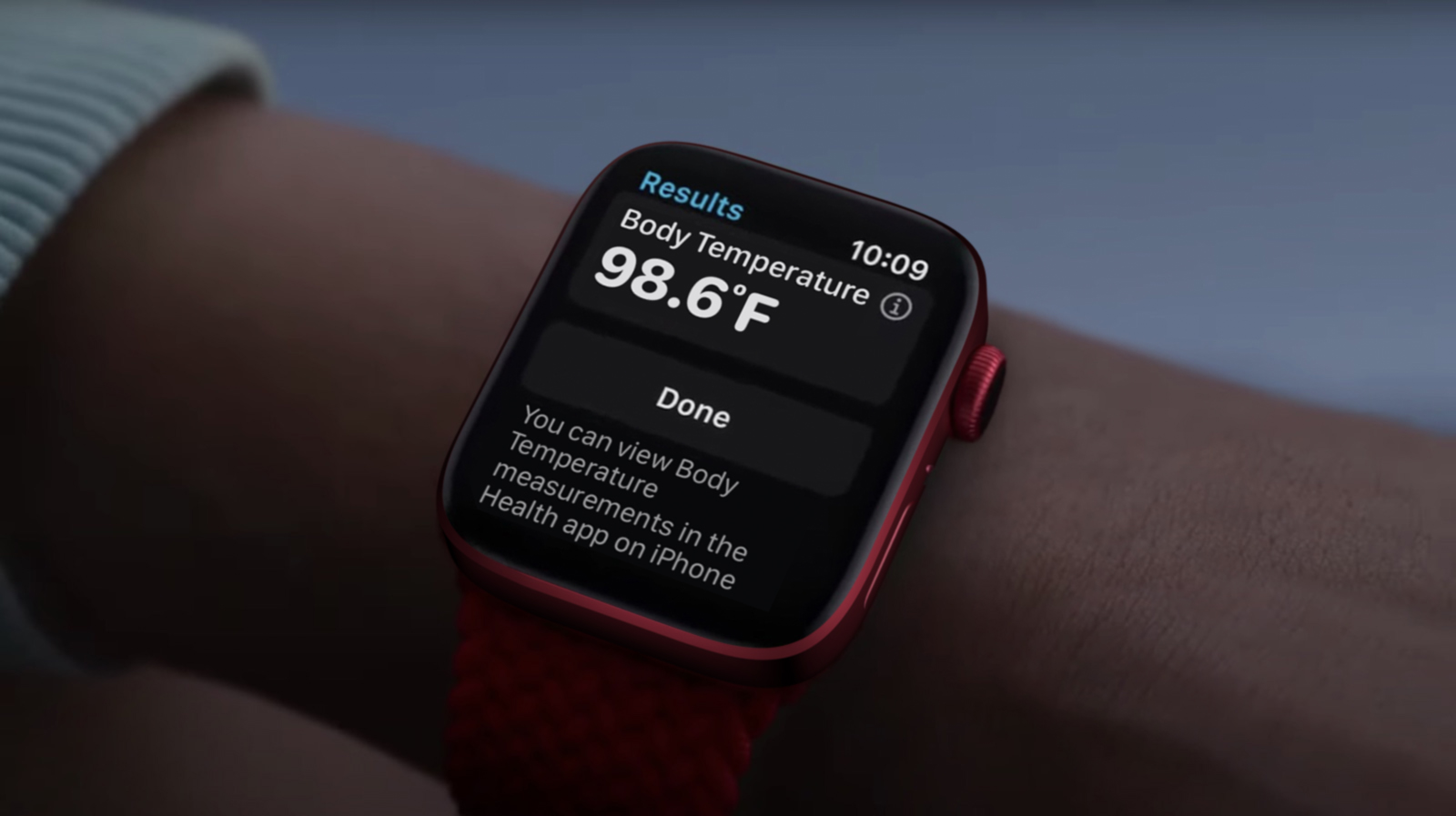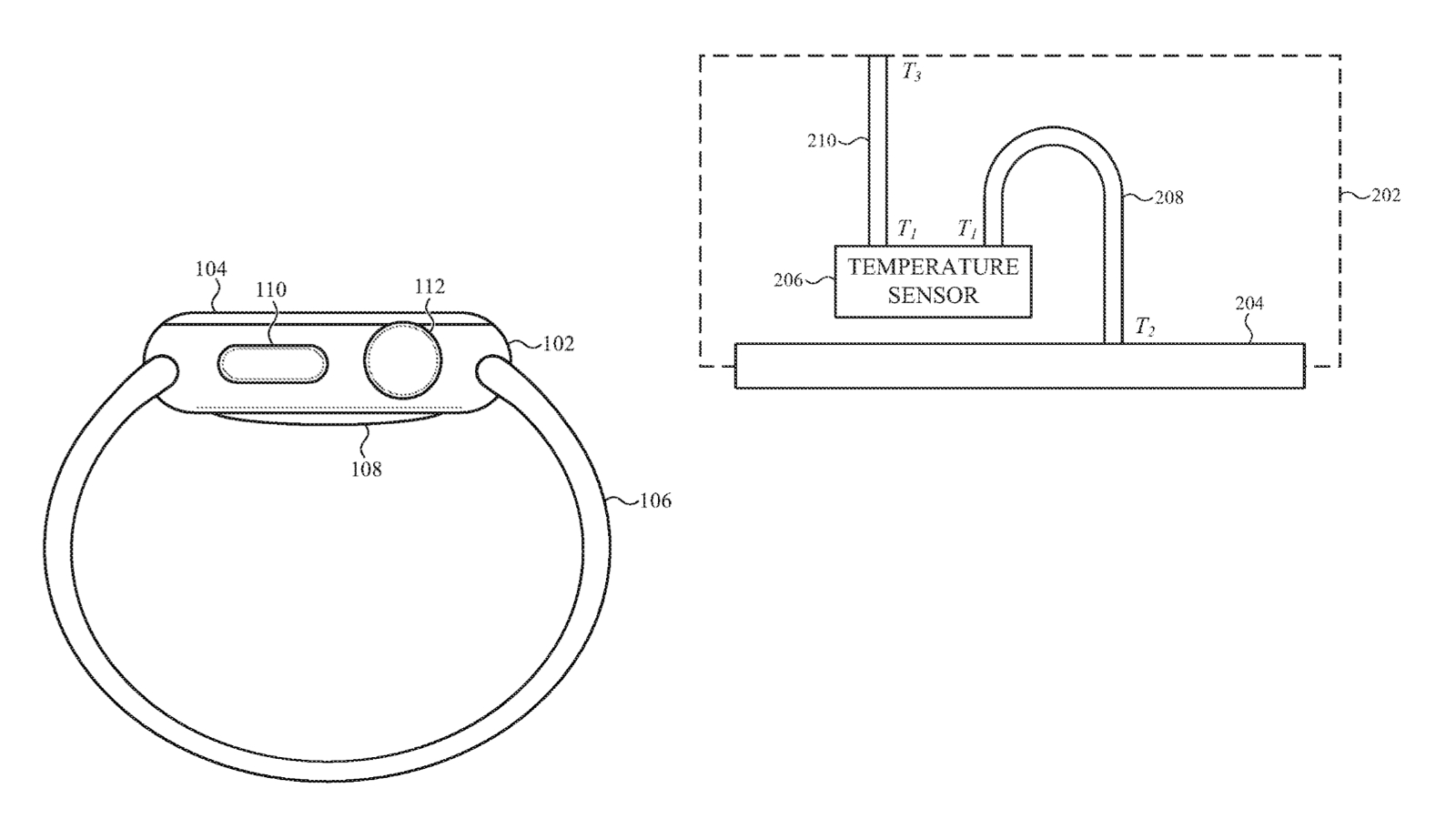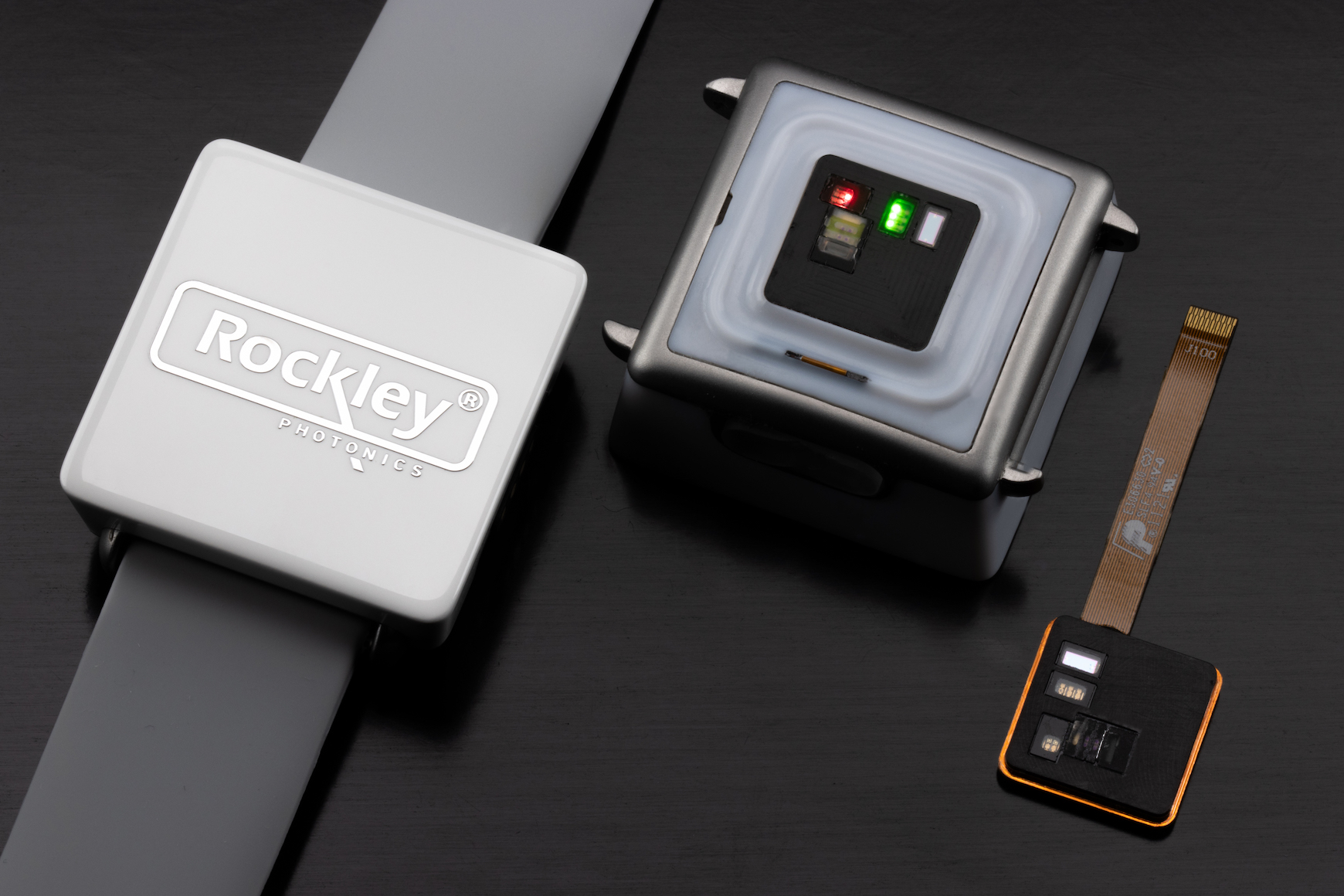
Body temperature sensing technology is believed to be the headline upgrade offered by the Apple Watch Series 8 when it debuts at Apple's "Far out" event next week. Thanks to a variety of reports from reliable sources, we have a fairly good idea of how the body temperature health features are expected to work.

Body temperature monitoring for the Apple Watch has long been rumored by sources like Apple analyst Ming-Chi Kuo, but over the past year rumors have crystalized around the feature finally debuting on the Apple Watch Series 8 later this year. Contrary to the hopes of some observers hoping to be able to check their body temperature or get notifications if they have a fever, it looks like the feature may be significantly more limited at launch.
Reports from the Wall Street Journal and Bloomberg's Mark Gurman state that the body temperature sensor is primarily designed to aid fertility planning, giving women insights into their ovulation cycle, and could be used to improve the detection of patterns when tracking sleep. Apple significantly bolstered the Apple Watch's sleep tracking capabilities in watchOS 9, so further improvements in this area aided by hardware this year seem plausible.

Apple is also said to have plans to enable the body temperature sensor to detect when a user has a fever, but it seems unlikely that this feature will be available upon the launch of the Apple Watch Series 8. Gurman believes that further in the future, Apple Watch models could determine if a user has a higher than normal body temperature, but it is still unlikely to show an exact measurement. All in all, this suggests that the body temperature sensor that comes with the Apple Watch Series 8 may not be quite what some users have come to expect.
According to Kuo, Apple originally intended to offer a body temperature measurement feature with the Apple Watch Series 7 models, but the company shelved the plans when the body temperature algorithm it had developed failed to meet requirements before the device entered the engineering validation testing (EVT) phase last year.
The problems Apple has experienced relating to body temperature measurement purportedly relate to the fact that skin temperature quickly varies based on the environment, and since a smartwatch cannot monitor core body temperature using hardware, the feature is heavily dependent on an algorithm that produces accurate results. This likely explains why the body temperature sensing capabilities of the Apple Watch may be limited when the Series 8 launches later this year.
Last month, the United States Patent and Trademark Office granted Apple a patent for a temperature sensing system conspicuously related to the Apple Watch, including a "high-precision and high-accuracy absolute temperature sensor." Apple's patent protects an electronic device housing that encloses a temperature sensing system comprising a temperature sensor and a differential temperature probe.

The system works by calculating the difference between two ends of a probe. One end touches the surface to be measured, while the other is connected to a temperature sensor. The voltage delta across the different ends of the probe can then be correlated to a differential temperature measurement.
It is not clear if the exact technology outlined in the patent is related to the body temperature sensor that is expected to be used in the Apple Watch Series 8. It is also possible that Apple plans to use a proprietary system from Rockley Photonics, a British health technology startup that has created a sensor system designed for wearable devices that includes a core body temperature sensor.

Last year, it was revealed that Apple is the largest customer of Rockley Photonics. Rockley's financial filings said that Apple accounted for the majority of its revenue over the last two years and that it has an ongoing "supply and development agreement" with the company, under which it expects to continue to heavily rely on Apple for most of its revenue. Rockley previously said that it expects its technology to be used in consumer smartwatches in 2022, which could align to the launch of the Apple Watch Series 8.
Beyond a body temperature sensor, the Apple Watch Series 8 is expected to feature the S8 chip and a Low Power Mode to prolong battery life. The device is highly likely to be unveiled at Apple's event on Wednesday, September 7.
Article Link: How Apple Watch Series 8's Body Temperature Feature Is Expected to Work


